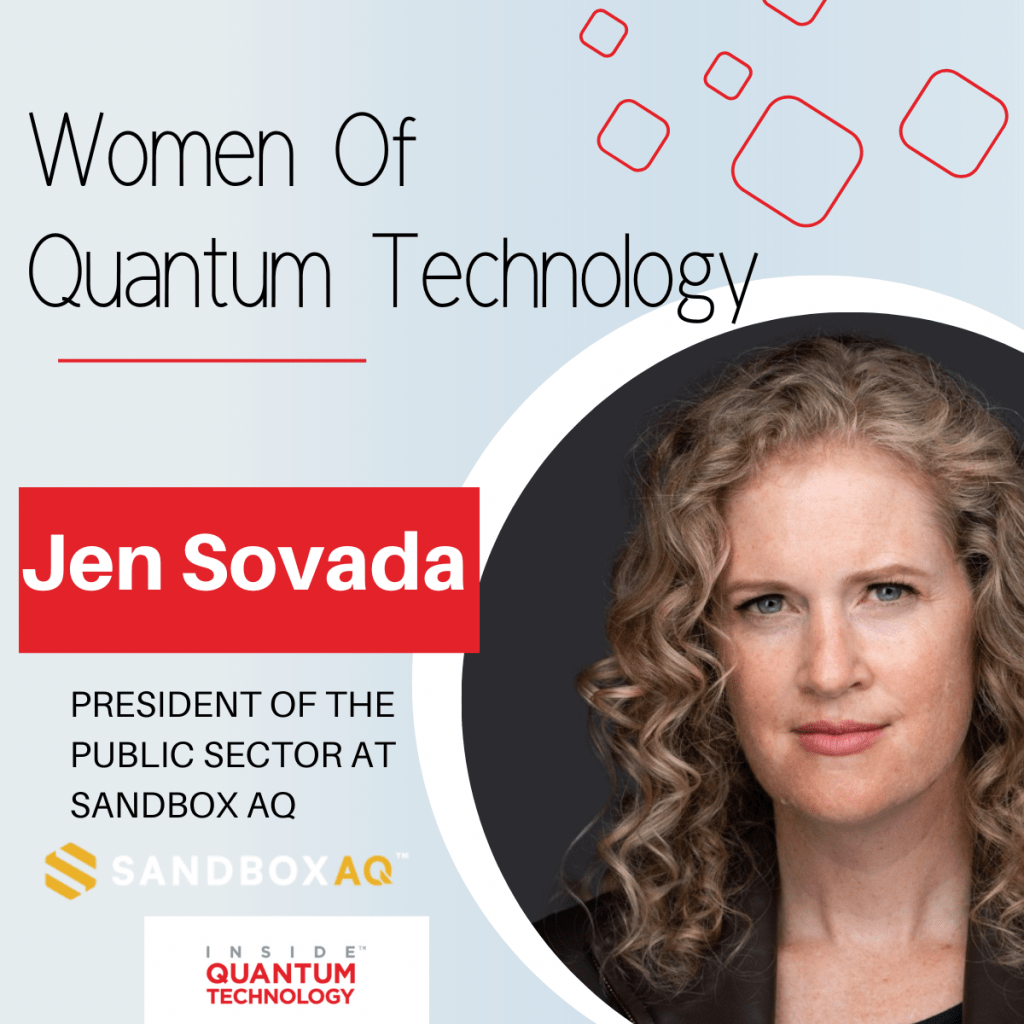While the quantum computing industry is steadily growing, its levels of diversity and inclusivity could use some improvement. According to a 2020 study, female representation in quantum startups is typically around 10%. This shockingly low number highlights the need for more female and diverse representation within this industry. Yet the path to getting there is not easy, as it will take the entire quantum community to encourage, mentor, and support more diverse individuals in this ecosystem. One way to do this is to share stories of women already established in this industry. These stories offer inspiration for other women, as well as mentor figures and role models to connect with. Even for me (Kenna), one of the few female writers in this space, speaking to these amazing women offers me hope that the industry is changing.
To showcase these inspiring women, we at Inside Quantum Technology have launched the “Women of Quantum Technology” article series. We start off with a powerful subject in Jen Sovada, the President of the Public Sector at Sandbox AQ, a world-leading quantum and technology company. “One of the things that interests me about quantum technology is that it is part of a broader emerging technology landscape,” Sovada stated. “The idea that we can use quantum technology today and it isn’t 20, 30, or 40 years from now, is exciting and not many people really understand that.”
With her role at Sandbox AQ, Sovada finds she has an important impact on the quantum industry. “Being a part of the ecosystem, I am able to educate the military, the government, the public sector, as well as other components of the private sector,” she added. “And I can elaborate on what quantum actually is, and explain to them that the devices that they have been using for a very long time—whether it’s transistors, MRIs, or lasers—are all based in quantum technology. And to see the light bulbs go off after they’ve told me 30 seconds before that they’ll never be able to understand quantum, is inspiring.”
Using her extensive background in artificial intelligence and hypersonics, Sovada found the transition into the quantum industry to be straightforward. According to Sovada: “I started working with the Sandbox team when they were still inside Alphabet, just giving them advice on how to work with the public sector. This was because Sandbox realized that the public sector was a critical component of the quantum ecosystem.” With her expertise, Sovada was able to help the company develop more quantum-focused strategies for the public sector. In turn, Sandbox AQ asked Sovada to permanently join their team. “I helped them build the federal subsidiary so that, as we spun out of Alphabet in January, we were ready to hit the ground running to be able to impact national security and the government space.” With her new role, Sovada was able to fully explore her passion for new technologies while forming valuable partnerships.
As the President of the Public Sector at Sandbox AQ, Sovada finds her day-to-day to be busy but also exciting. “Every day is a new challenge,” she stated. “And every day is a new adventure. I lead the public sector team, and our team is small but mighty. We focus on bringing quantum technology to the federal government. We do this by educating the U.S. government and international governments on quantum technology, helping them understand what use cases are applicable to them specifically.” Besides this, Sovada also plays a role in working with the U.S. government on the implications of legislative decisions. “Whether it’s export control or a software bill of materials, we help to not only inform the U.S. government but also others, working with them on their quantum strategies.” With her work, Sovada, and her team have been able to help governments achieve certain quantum capabilities.
Being in a leadership position within the quantum industry, Sovada believes she has a duty to help make the industry more accessible to women and other minority groups. “Education is one of the big things that we need to do to increase diversity because many people don’t understand quantum,” Sovada explained. “You have to expose them early and often to the technology and capabilities, but then also provide funding for internships, postdocs, residencies, and enable people who wouldn’t have thought about this career field previously to participate in those opportunities.” Sovada emphasized that increasing awareness of these opportunities is also paramount to encouraging more people to join the industry. She also added that as an industry, the quantum community needs to change how they view incoming talent. “We need to take a chance on people who might not be educationally at the level that people think you need to have in order to be successful in quantum,” she said. “The thought that they’re not technical enough needs to be something that we replace with ‘how do we improve their basic understanding and knowledge?’ Especially if they have a passion to be a part of what’s happening and the ecosystem that surrounds it. Because sometimes it’s about access, not desire.”
Kenna Hughes-Castleberry is a staff writer at Inside Quantum Technology and the Science Communicator at JILA (a partnership between the University of Colorado Boulder and NIST). Her writing beats include deep tech, the metaverse, and quantum technology.
